Nurturing Resilience: WVA's Integrated Response to Drought and Malnutrition in Angola
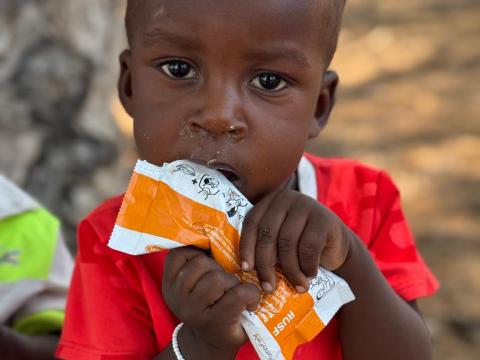
The South of Angola (Benguela, Huíla, Namibe and Cunene) continues to suffer from the severe drought caused by the 2023/2024 El Niño. It has been 5 years of consecutive droughts and many households have depleted food and households assets such as cattle and small animals (mostly goats and chicken). Many have resorted to other income generating activities such as charcoal production and fire wood collection. The lack of agricultural production has been exacerbated by high prices for basic staple crops such as maize flower, beans, and vegetable oil. Many of these basic food commodities are 3 times more expensive than they were the same time last year. This is also impacting urban and peri-urban communities.
Throughout 2024, WVA has been actively implementing emergency response projects funded by BHA, UNICEF, WFP, Start Fund, WVUS, and KOICA/WV Korea. Our key activities include:
Identifying and Treating Malnourished Children: Community Health Workers identify severely and moderately acutely malnourished children, refer them to health facilities, and ensure they receive therapeutic and supplementary supplies.
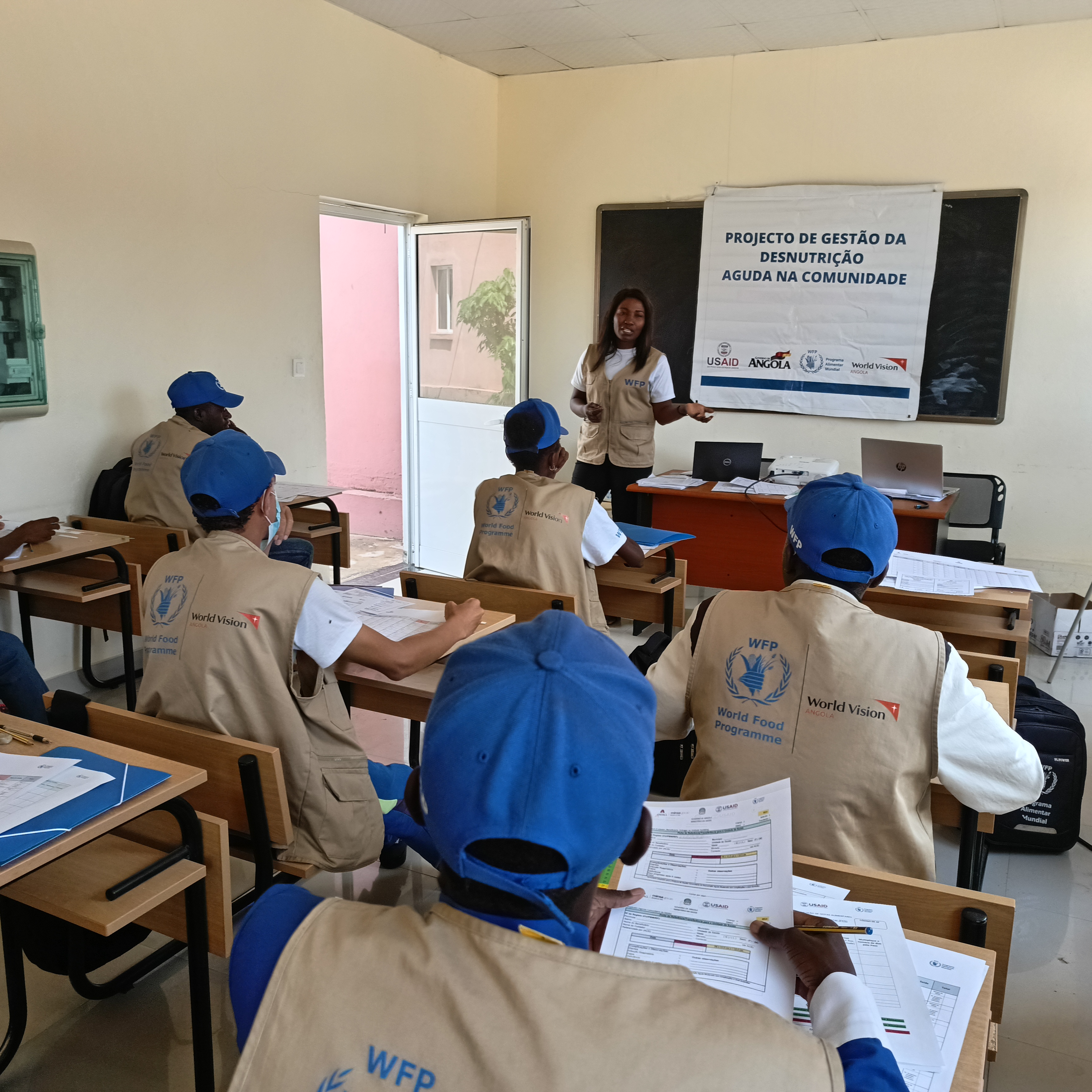
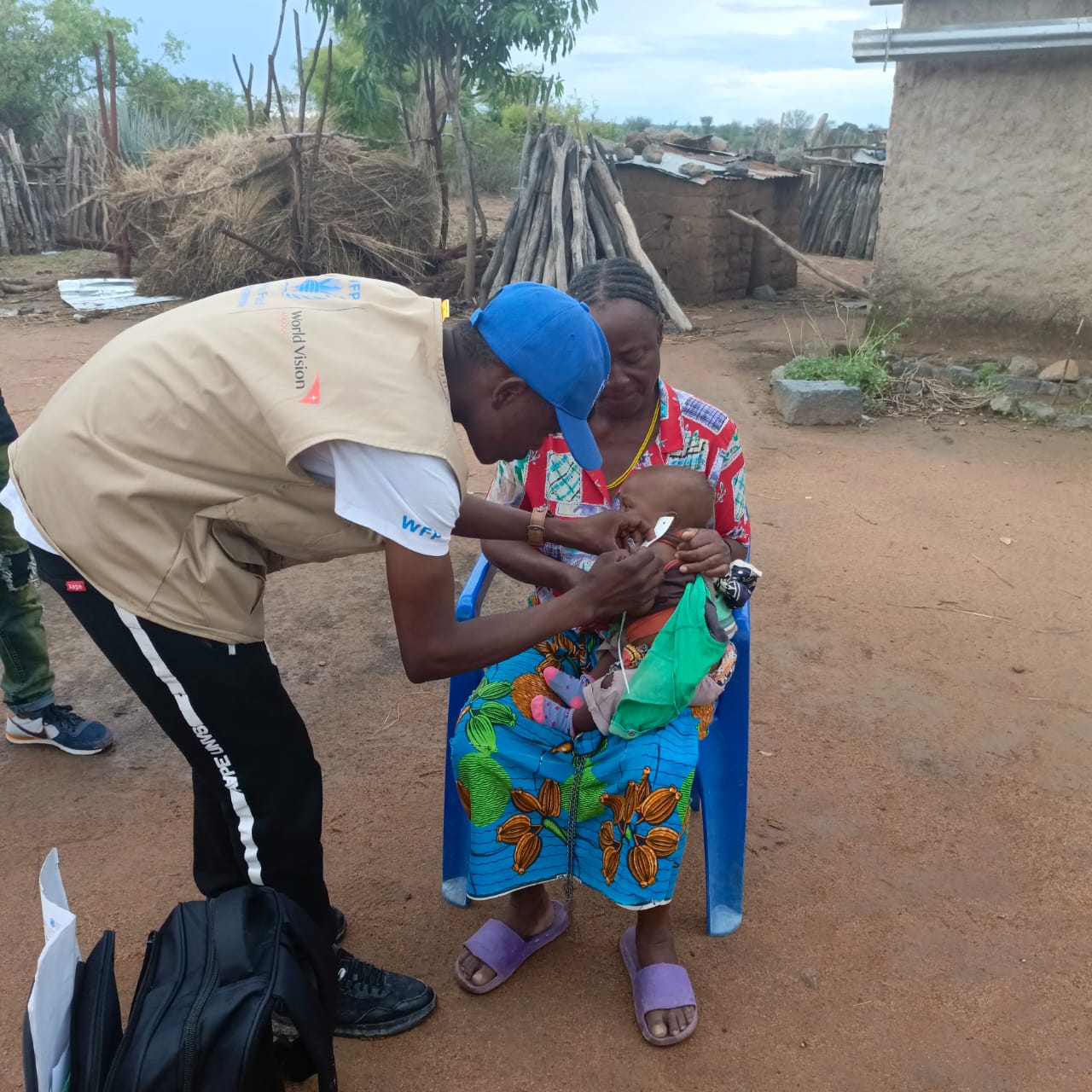
Distributing Food Vouchers and Baskets: WVA provides food vouchers and baskets to households with malnourished children to ensure therapeutic supplies are not shared among household members.
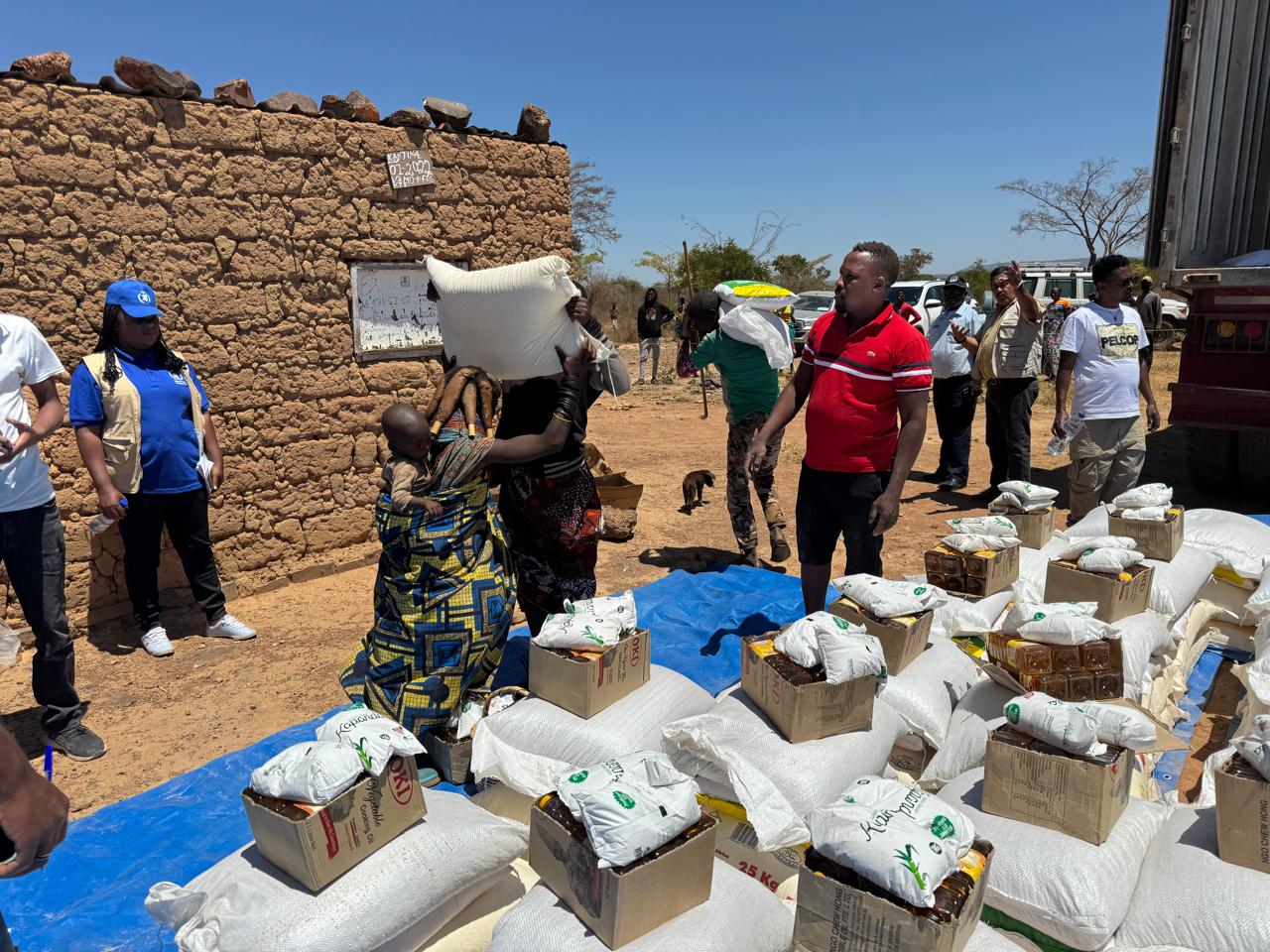
Rehabilitating Solar-Powered Water Points: Ensuring access to potable water for households and their livestock by rehabilitating solar-powered water points in rural communities.
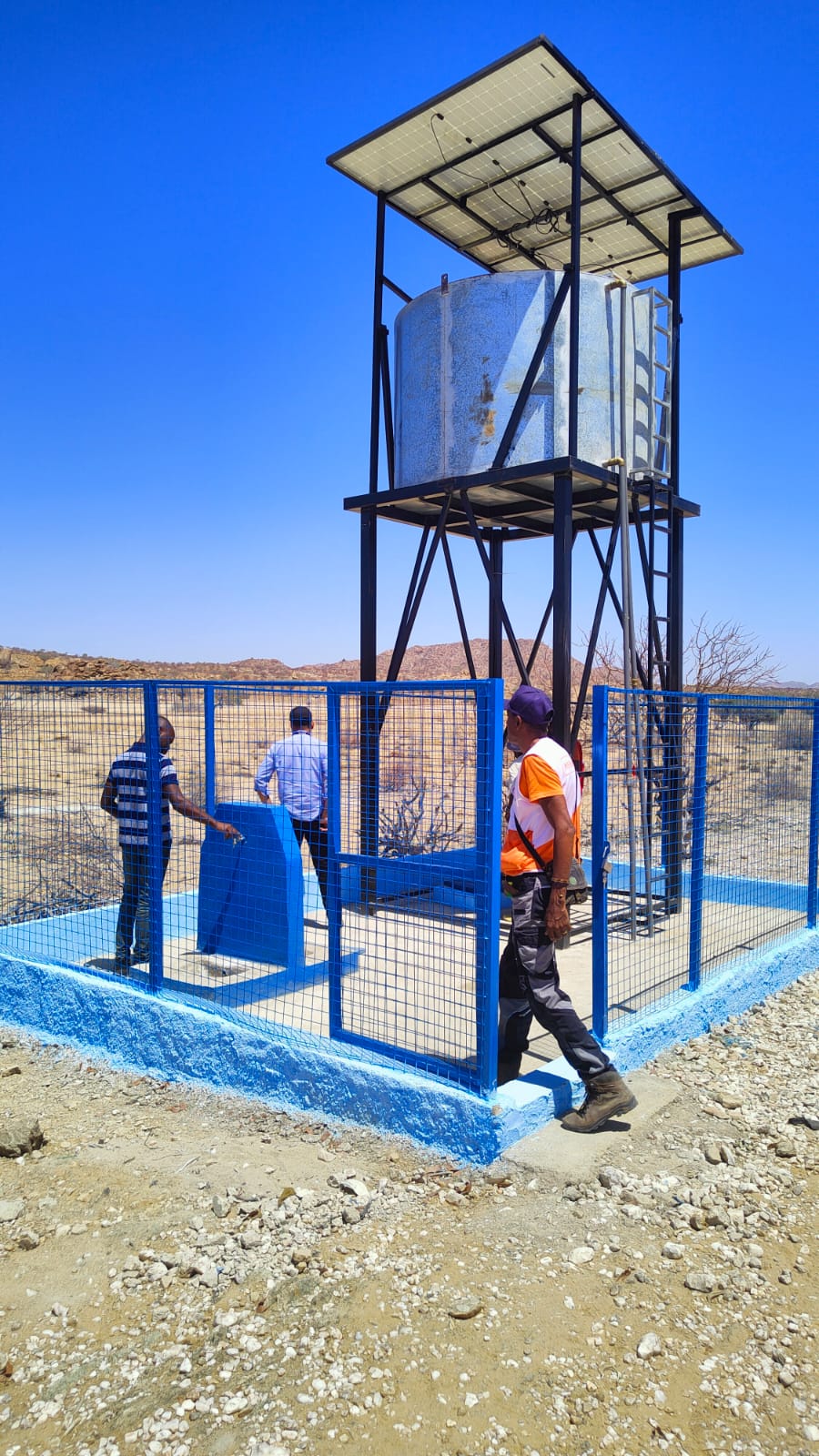
Premix Feeding Programs: Providing corn/soya blend mixed with vegetable oil and sugar to children up to the age of 10 in Community Feeding Centers.
Building resilience is crucial for helping households cope with droughts. In 2024, with support from FRESAN and WVUS, we continued to build resilience through:
Farmer Field Schools (FFSs): Coaching group members in conservation agriculture techniques, using short-cycle and drought-resistant seed varieties, and implementing Farmer Managed Natural Regeneration (FMNR) techniques.
Goat Distribution and Training: Distributing goats to women's groups and training them in savings and loans. New groups are established with the first offspring.
Artisanal Food Processing Equipment: Providing small equipment like dryers for fruits and vegetables and milling machines for maize and millet.
Water Retention Structures: Constructing small water retention structures for irrigation purposes.
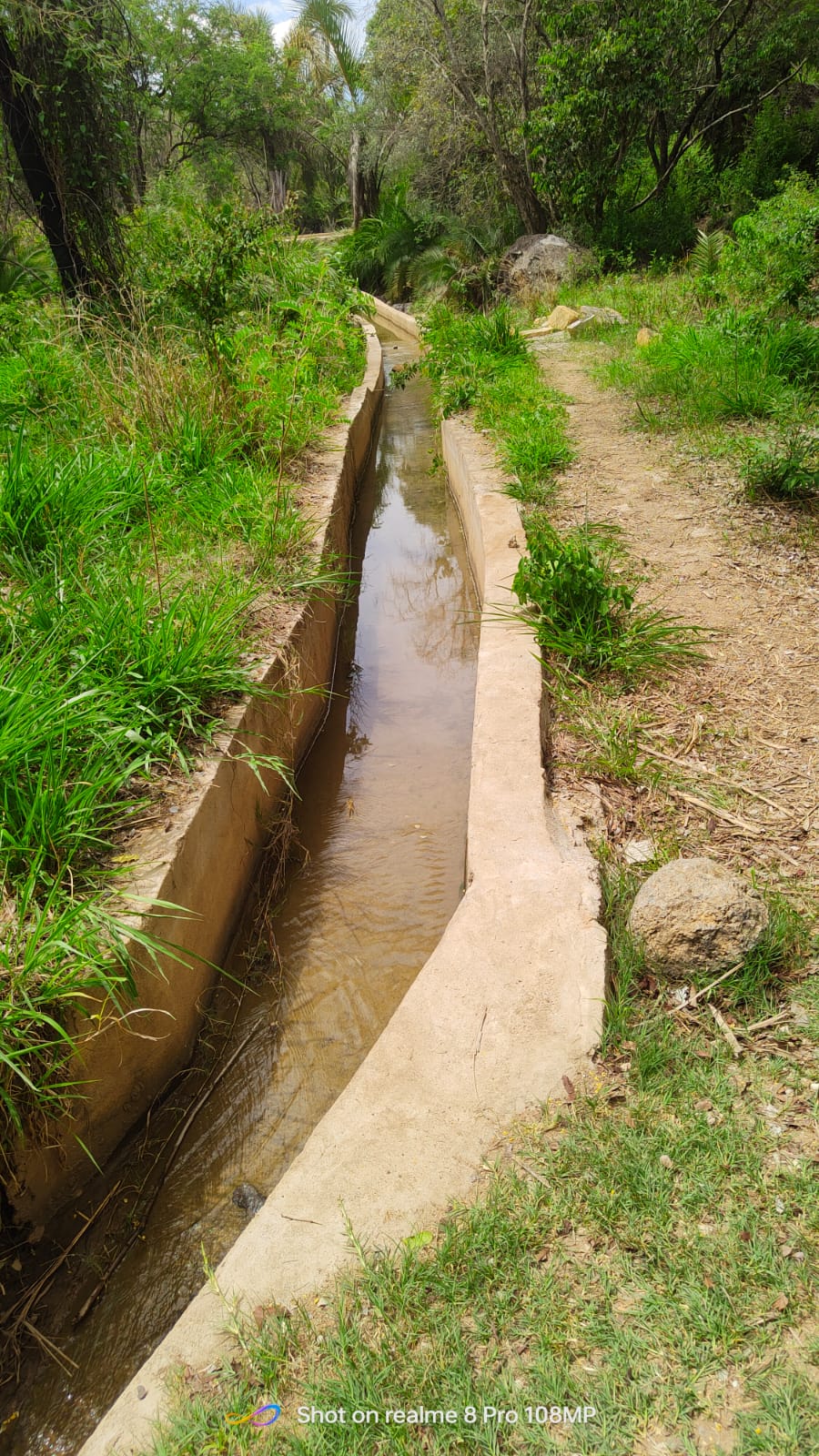
In September 2024, we received excellent news from USDA: WVA was selected to implement a large-scale 5-year school feeding program in Cunene, Huila, and Benguela. This program will be the cornerstone of our Integrated Program Approach, providing daily school meals for almost 100,000 students and enhancing the capacity of teachers, school directors, and Parent Teacher Associations through our partner ADPP.